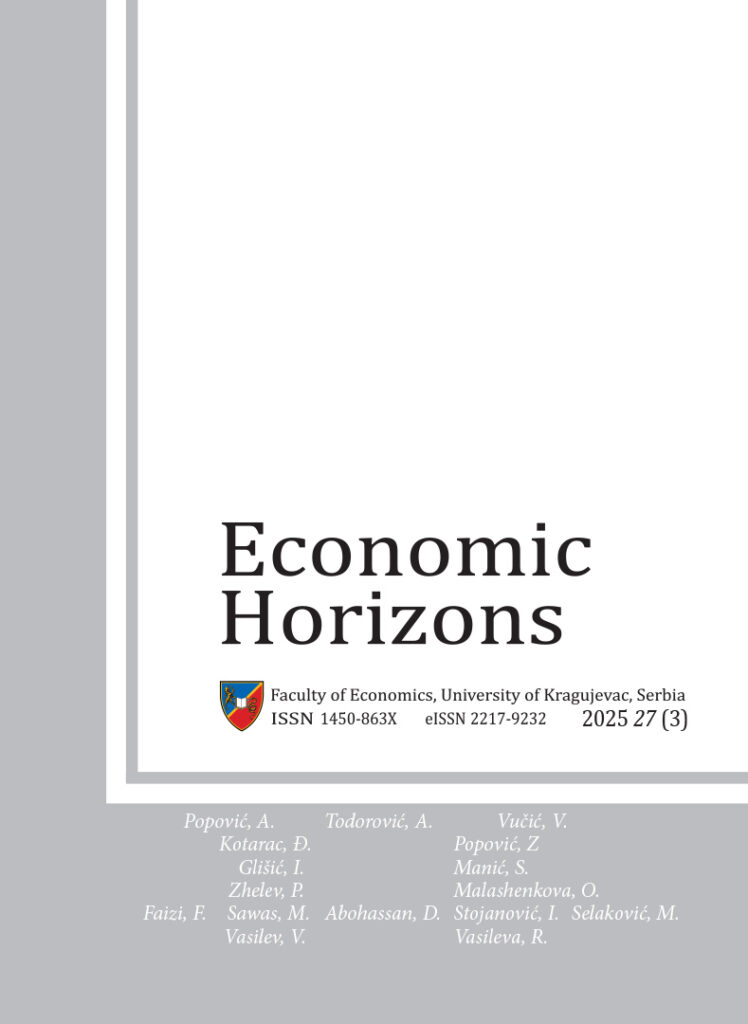
THE JOURNAL IS PUBLISHED
THREE TIMES A YEAR
in April, August and December
Taiwo Azeez Olaniyi and Babatunde Akinola
Department of Accounting, University of Ilorin, Ilorin, Kwara State, Nigeria
Traditional theories ignored the power of culture with respect to tax performance, even though culture does have an impact on everything that people do or decide not to do. This study examines the impact of the national culture dimensions: the power distance, individualism, masculinity, uncertainty avoidance, long-term orientation and indulgence on tax performance in ten African countries. A quantitative research design was adopted and a panel dataset from 2010 to 2016 was analyzed using the Panel-Corrected Standard Error estimator. The results show that indulgence indicates a significant positive impact on tax performance, the power distance, individualism and long-term orientation have a significant negative impact on tax performance, whereas masculinity and uncertainty avoidance have an insignificant impact. Thus, high tax performance is associated with a low power distance, low individualism, low short-term orientation, moderate uncertainty avoidance, masculinity and high indulgence. This study recommends that tax policymakers should consider cultural values when designing tax compliance legislation or when investigating possible behavioral irregularities.
Keywords:
JEL Classification:
Since March 2015, the Journal is indexed in DOAJ
Since November 2013, the Journal is indexed in ProQuest – ABI/INFORM
Since October 2013, the Journal is indexed in Cabell’s Directories
Since September 2013, the Journal is indexed in Index Copernicus Journals Master List 2012
Since March 2013, the Journal has been evaluаted and accepted for listing in EconLit (American Economic Association Publications)
Since January 2013, the Journal has been included into EBSCO’s databases
Since November 2012, the Journal has been included into Ulrich’s Periodicals Directory
Since March 2015, the Journal is indexed in DOAJ
Since November 2013, the Journal is indexed in ProQuest – ABI/INFORM
Since October 2013, the Journal is indexed in Cabell’s Directories
Since September 2013, the Journal is indexed in Index Copernicus Journals Master List 2012
Since March 2013, the Journal has been evaluаted and accepted for listing in EconLit (American Economic Association Publications)
Since January 2013, the Journal has been included into EBSCO’s databases
Since November 2012, the Journal has been included into Ulrich’s Periodicals Directory